Chickens
TIPS ON ADOPTING A RESCUE HEN
Every year, millions of chickens in Australia are placed in factory farms for the main purpose of producing eggs. Hens are crammed into tight battery cages, not even proper chicken coops, while the factories make the most out of their prime egg-laying years. Once their egg production tapers off, however, these hens are sent to the slaughterhouse to be disposed of.
Happily, many groups and individuals are now fighting for the right of these ‘spent’ hens to live a real, good and happy life. Hen adoption programs are sprouting all over the country, giving you the chance to give a factory hen a life of freedom and kindness.
Opening your heart to ex-battery hens will have you teeming with joy at seeing these abused animals discover that the world can be a wonderful place. But, as with most other pets, you need to take good care of these hens. Given their dreadful past, you will need to adopt special ways of nurturing them.
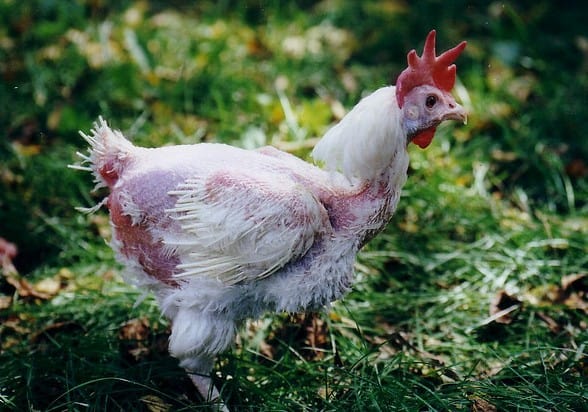
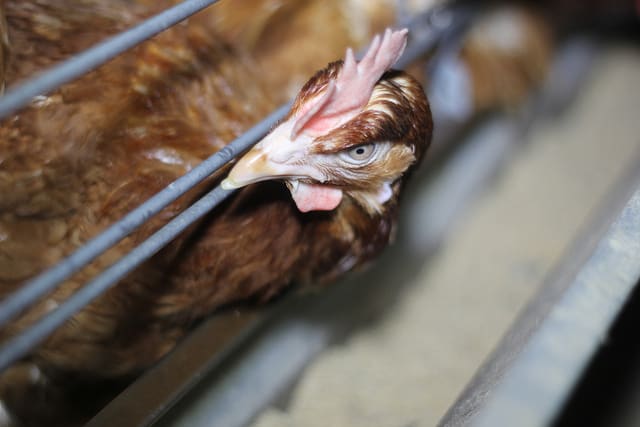
Give them appropriate housing
Most battery chickens lived in an artificial environment and did not go through the natural chicken behaviour of foraging in the day and roosting at night. Once you bring home your ex-factory hens, you may have to help them learn to live a normal chicken’s life. The first thing you need to do would be to provide appropriate housing, such as a sizeable chicken coop, that will give all your chickens all the space they need, an important requirement that life at the factory had deprived them. Typical chicken coops nowadays will be equipped with a perch for roosting and nesting boxes. At first, your chickens will find perching inside a chook pen an odd concept, as they never had to practise the instinctive behaviour of keeping off predators at night by perching at a high spot. Perching will be even more challenging if your chickens have injured feet from their time at the factory farm. Thus, the nest box in your chook pen will serve as your hens’ first safe place after all the years of tight confinement, so it will need to be easily accessible. If you took in a few rescues, they will need to sleep close together for safety and comfort.
Introduce them to pet friends slowly
If you don’t know, chickens have good memories and can recognize up to a hundred individuals by face. Still, they may never have seen another kind of animal in their life apart from their own kind. If you have other pets and animals in your home, this can be a very new experience for your ex-battery chickens, not to mention very scary. Your chickens could quite possibly regard your dogs and cats as predators and get scared out of their wits. Even if you know these pets are harmless, your chickens, which may have never seen a dog or cat in their lives, will be highly on guard and very nervous. Some might even go into shock. This early in their new life, allow your hens to get used to other furry residents in your home very slowly. Monitor these first interactions closely and keep them brief.
Provide medical care as needed
Rescue chickens can come in all kinds of mostly poor medical conditions and will need some form of treatment or care. Generally, they will need treatment for parasites like ticks, mites and worms, as well as other physical injuries they may have sustained at the factory farm. More importantly though, the severity of the living conditions at the battery, coupled with the excessive egg laying, will take its toll on a rescue hen’s body. As a rescue hen owner, you will need to prepare for the health effects of such a hard life and for frequent vet visits and associated fees. Health issues of rescue hens often involve their reproductive systems, as well as breathing problems and weak bones. When you found them, your ex-battery hens may have had their feathers missing. This does not immediately mean they are of poor health. However, you may need to house them indoors or in a sturdy chook pen that can keep them safe from the elements. Unfortunately, given the harsh conditions endured by these hens for years, they are not expected to live as long as their domestic counterparts do.
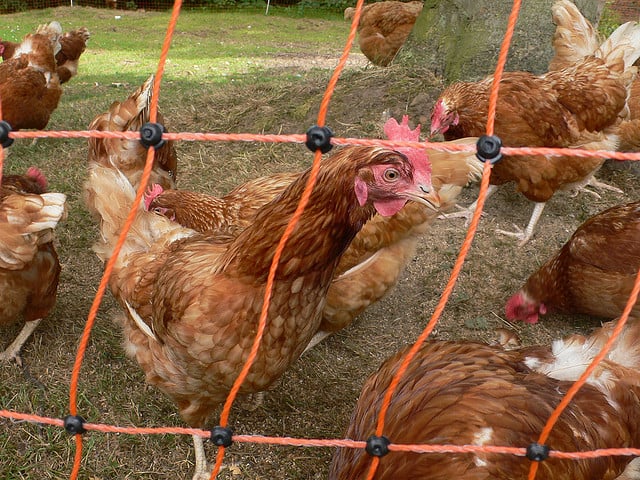
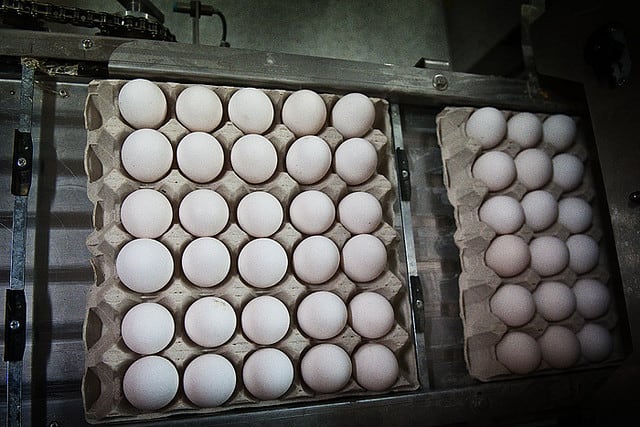
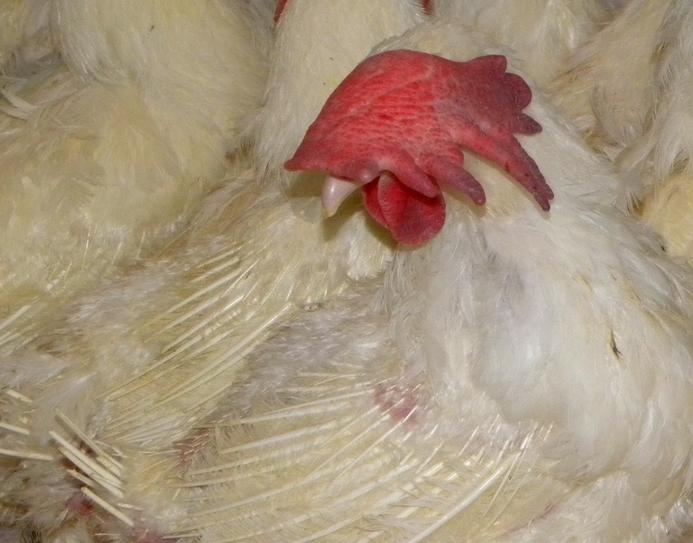
Allow them to get settled in
A factory farm is environment carefully controlled for temperature, light and even air. Chickens are crammed into very poor semblances of chicken coops, as many as four hens in a single cramped cage. These chickens grew up under such conditions and never knew wide spaces until their rescue. Most of all, they were never allowed to express their natural behaviours. For these reasons, freedom and wide, green spaces may seem daunting to them and make them feel unsafe. Space, stimulation, exercise and a world to explore – basic entitlements of any chicken – can be a lot to take in. As a caretaker of rescue hens, you should be mindful of this and give them plenty of time to get settled in. A roomy but closed chicken coop placed in a quiet, secure area should be a good start to allow them to adjust to the idea of having a safe, private space they can have to themselves. Of course, make sure to meet their basic needs of good food, clean water and plenty of shade and protection from severe weather.
Ex-battery hens deserve the good life after giving tirelessly of themselves and enduring deplorable conditions at the factory farms. Looking after their needs and gradually allowing them to just be chickens are some of the few things you can do to let them experience a life truly worth living. Even if they may not be around for very long after what they have been through, allowing them to know love and kindness from humans and, most of all, the chance to live are the greatest gifts you can bestow these curious, secretly smart feathered creatures.



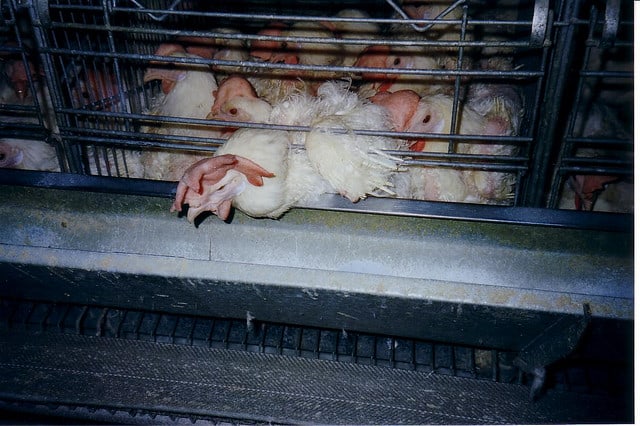
We would love to know more about how we can help adopt chickens post farming. How can we find out where to rescue these lovely creatures from?
Hello, Nicole. It’s great that you are interested in rescuing these creatures. You can visit local animal shelters to see more of them. Or maybe you can join groups on social media as many would share photos of hens for adoption there. 🙂